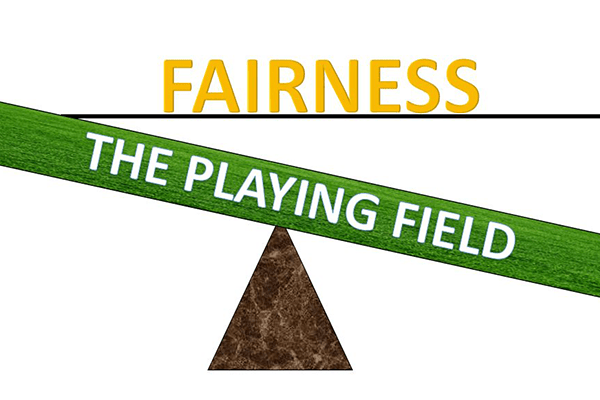Even The Playing Field For Tenants And Landlords
By Judith Bachman
More than 50 percent of commercial tenants have not paid rent since mid-March. Some have skipped payments; others have sought rent abatement or deferrals. Due to the grave and unprecedented circumstances brought on by the coronavirus shutdown, Gov. Andrew Cuomo temporarily prohibited landlords from evicting tenants who were in arrears.
No matter how well-intentioned the emergency measure seemed, the eviction ban has shifted the financial burden of the pandemic from tenants to landlords. The tenant protections must be rolled back — or at the very least, modifed.
On March 16, New York courts temporarily suspended eviction proceedings. Then, in a series of executive orders, Cuomo extended the eviction moratorium through August 20, 2020.
 The eviction halt applied to both commercial tenants and residential tenants.
The eviction halt applied to both commercial tenants and residential tenants.
Now, landlords are lacking the rental income they desperately need. While a number of tenants truly required rent relief, others have merely taken advantage of the crisis and simply refused to pay, according to landlords. For now, landlords have no recourse against these bad actors; the eviction ban gave tenants carte blanche to withhold rent. It went too far.
Landlords are still expected to meet their financial obligations. There is no relief for their mortgages, taxes, insurance, utilities, and staff. The majority of landlords are small businesses with deep community roots. They typically own one or two properties, often holding the properties for decades. They operate on low margins. Many report that they are in dire straits.
Fed up, a group of landlords, in Elmsford Apartment Associates LLC v. Cuomo, sued on May 27, 2020 to lift the
eviction ban. The lawsuit asserts the State unconstitutionally took their property, denied them due process, and interfered with their contracts (leases). The eviction ban prevents them from enforcing their leases and makes it impossible to collect rent. “The Order places upon . . . landlords the burden of protecting tenants from eviction during the Covid-19 pandemic, a burden that should rightly be borne by society, as a whole.”
There is a better way to manage the economic pain. Landlords want the eviction moratorium removed; in its place, they argue that in restarted proceedings, courts can fashion tenant relief on a case by case basis. Pre-virus, landlord-tenant judges already spent much of their time encouraging parties to find a fair settlement without eviction. If tenants can show t
he court virus-related financial harm, a judge can help bring about a rent modification agreement. But bad actors should not be treated in the same way as tenants in real need. Landlords must have the opportunity to sort that out in court.
If the eviction ban is to remain in place, then landlords must get financial relief. The Constitution demands that they be compensated for the state-dictated inability to collect rents; perhaps by tax deferrals or abatements or direct state rent reimbursement. A more equal redistribution of the economic impact of the pandemic is required.
Judith Bachman is the founder and principal of The Bachman Law Firm PLLC in New City. judith@thebachmanlawfirm.com 845-639-3210, thebachmanlawfirm.com












